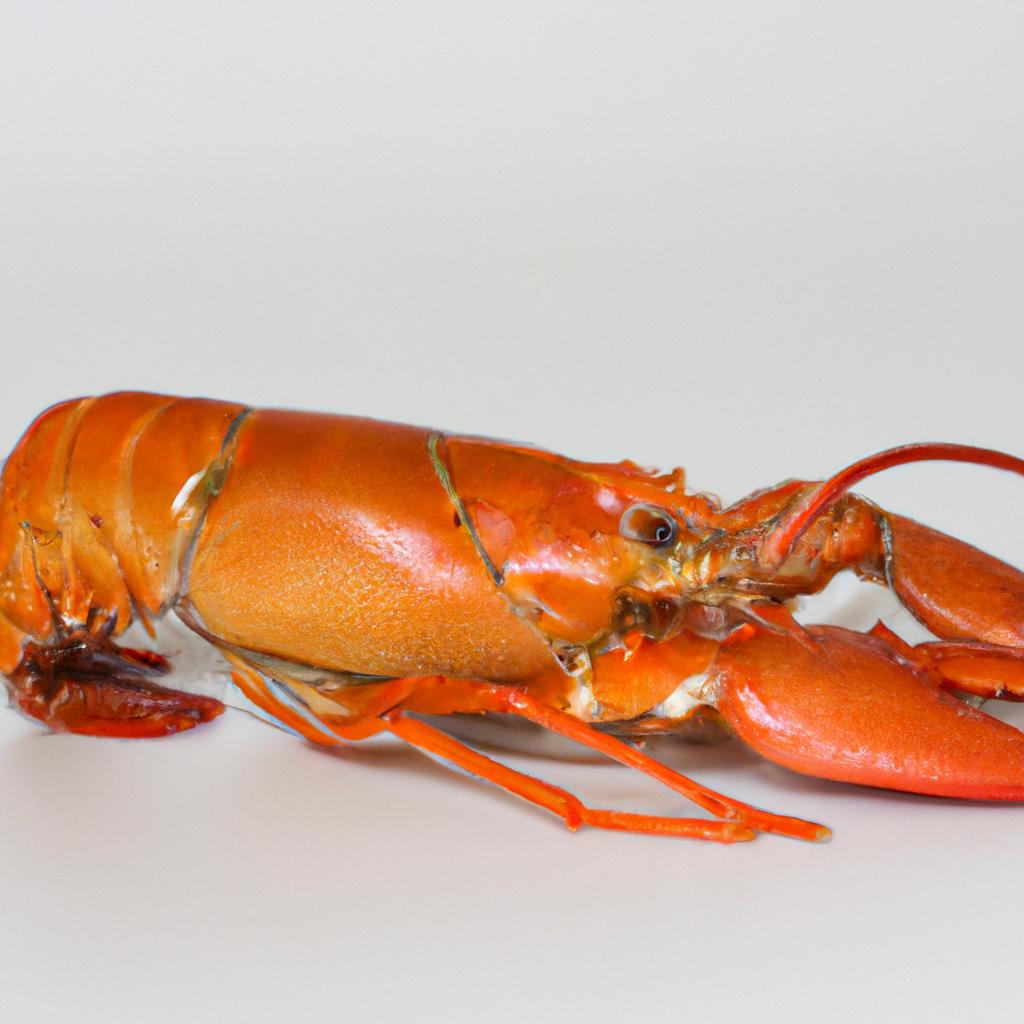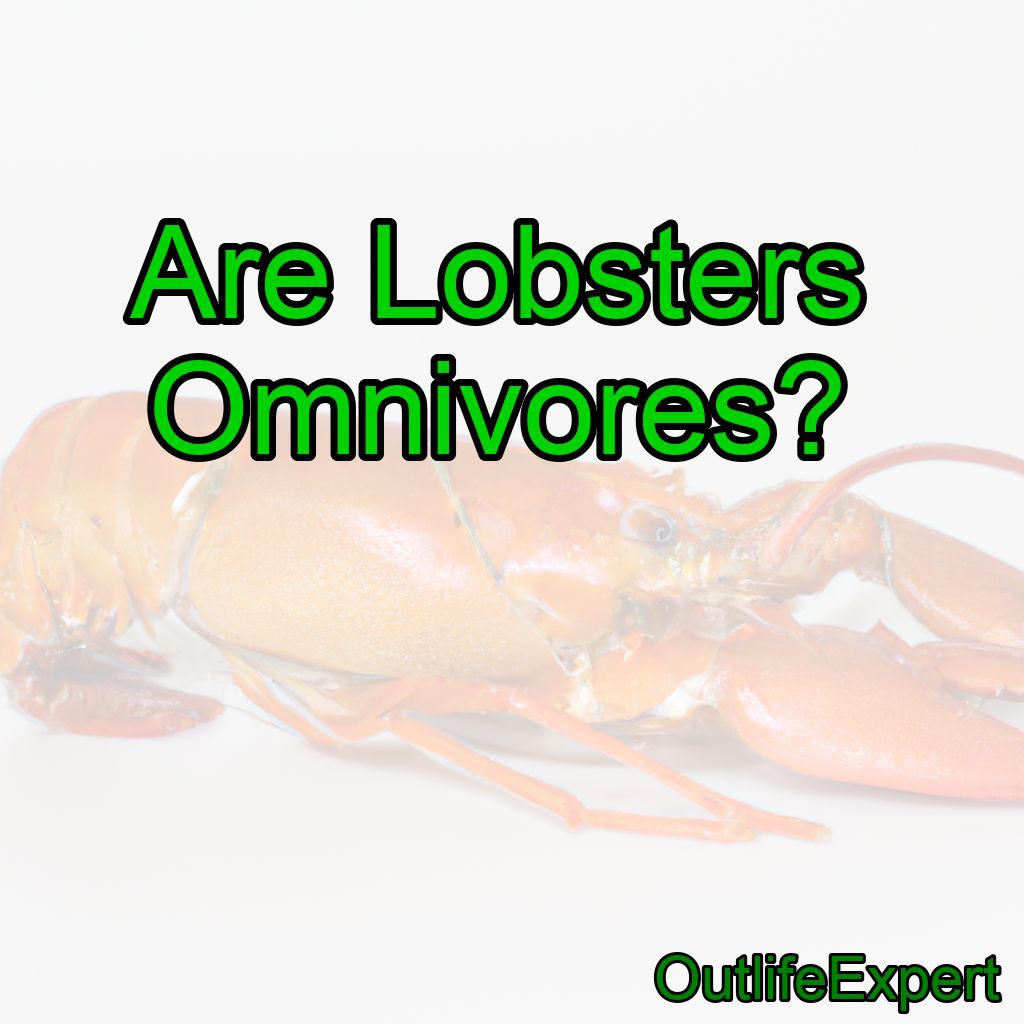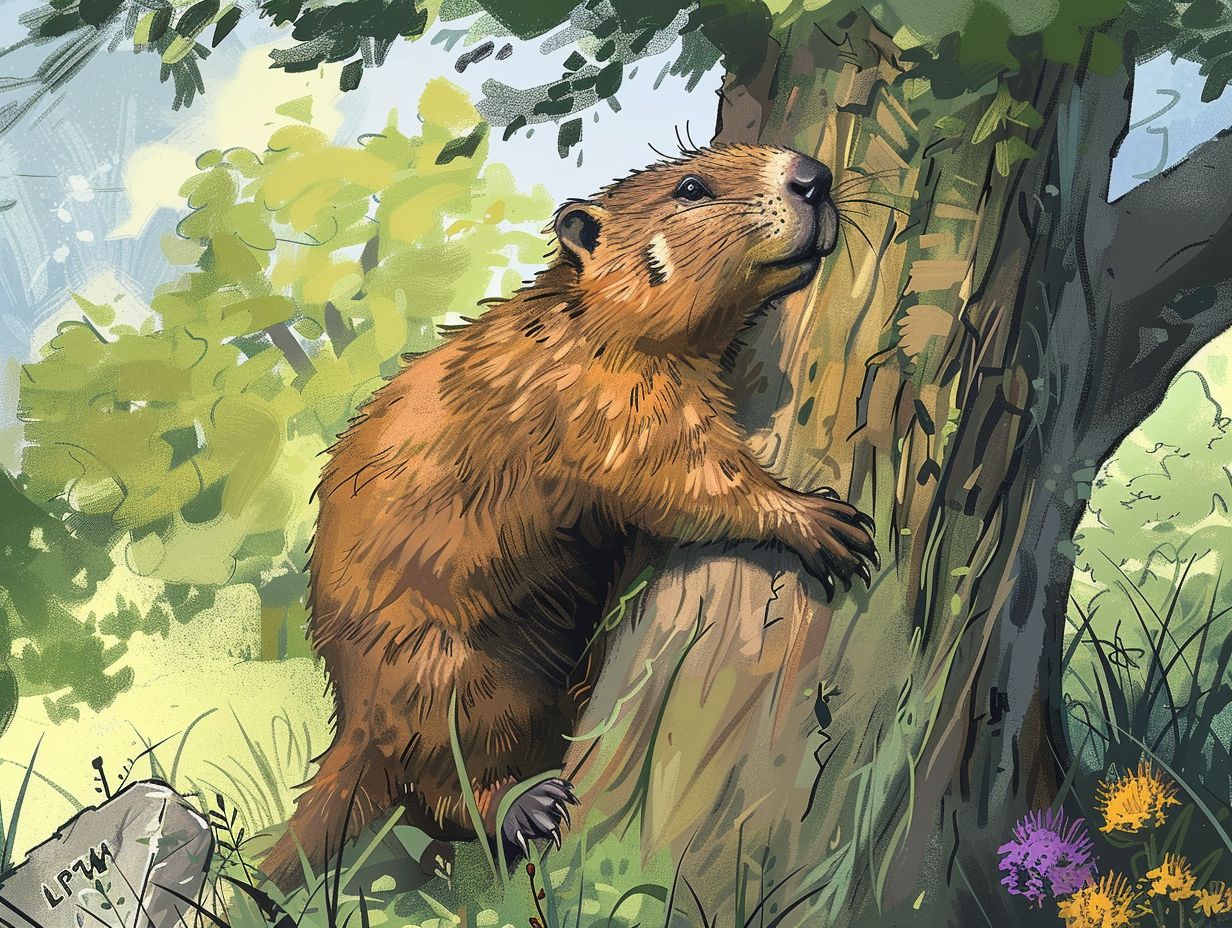Lobsters are fascinating creatures that have captured the interest and taste buds of many people around the world. But what do these captivating crustaceans eat? Are lobsters omnivores? Let’s dive into this question and explore the diet of lobsters, their ecosystem, and their importance in marine habitats.
Yes, lobsters are omnivores. They feed on a variety of food sources, including plants, algae, and other marine organisms such as fish and mollusks. Let’s take a closer look at their diet, habitat, and behavior to understand their role as omnivores in the marine ecosystem.
The Lobster’s Diet
Plants and Algae
Lobsters are known to feed on various types of plants and algae found in their natural habitat. They consume seaweed, which is the most common type of marine algae, and is a rich source of nutrients and vitamins. Seaweed also plays a vital role in maintaining the lobster’s digestive health as it provides the necessary fiber.
Fish and Mollusks
Lobsters are also known to consume fish and mollusks. They are opportunistic predators, meaning they will eat whatever they can find or catch, including dead fish and other decaying marine animals. This scavenging behavior helps to keep the ocean floor clean and prevent the buildup of decaying organic matter.
Other Crustaceans

Lobsters will also eat other crustaceans, such as crabs and smaller lobsters. This behavior is called cannibalism, and it’s quite common in the lobster population. Cannibalism in lobsters can be attributed to a lack of other food sources or a high population density, which increases competition for food.
Lobster’s Habitat and Behavior
Coastal Waters
Lobsters are found in coastal waters all over the world, with the highest concentration in the North Atlantic Ocean. They thrive in rocky or sandy ocean floors with plenty of hiding spots, which provide protection from predators and a suitable environment for hunting and foraging.
Nocturnal Lifestyle
Lobsters are nocturnal creatures, meaning they are most active during the night. They spend their days hiding in crevices or under rocks, venturing out at night to hunt for food and explore their surroundings. This nocturnal behavior helps them avoid predators while they search for food.
Importance of Lobsters in the Marine Ecosystem
Biodiversity and Balance
As omnivores, lobsters play a crucial role in maintaining the balance and biodiversity of the marine ecosystem. By feeding on a variety of food sources, they help to regulate the population of other marine organisms and prevent overgrowth of algae and plants.
Food Source for Predators
Lobsters are an important food source for larger marine predators, such as fish, sea birds, and marine mammals. By serving as prey for these organisms, lobsters contribute to the overall health and balance of the marine food web.
The Impact of Human Activities on Lobsters
Overfishing
One of the primary threats to lobster populations is overfishing. As demand for lobster increases, their populations are being depleted at unsustainable rates. Overfishing not only endangers the lobster population but also disrupts the balance of the marine ecosystem.
Climate Change
Climate change is another significant threat to lobsters, as it affects their habitat and food sources. Rising ocean temperatures and acidification can lead to a decline in the abundance and variety of food sources for lobsters, impacting their ability to thrive and reproduce.
#
Conclusion
In conclusion, lobsters are indeed omnivores. They consume a variety of food sources, including plants, algae, fish, mollusks, and even other crustaceans. Their diet, habitat, and behavior contribute to their crucial role in maintaining the balance and biodiversity of the marine ecosystem. However, human activities such as overfishing and climate change pose significant threats to the lobster population and the marine ecosystem as a whole. To protect these fascinating creatures and the environment they inhabit, it is essential to promote sustainable fishing practices and address the root causes of climate change.
To summarize, here are 10 facts about lobsters:
1. Lobsters are omnivores and consume a variety of food sources.
2. They eat plants, algae, fish, mollusks, and other crustaceans.
3. Lobsters are opportunistic predators and scavengers.
4. They are found in coastal waters all over the world, with the highest concentration in the North Atlantic Ocean.
5. Lobsters are nocturnal creatures and are most active during the night.
6. They play a crucial role in maintaining the balance and biodiversity of the marine ecosystem.
7. Lobsters serve as an important food source for larger marine predators.
8. Overfishing is a primary threat to lobster populations.
9. Climate change also poses a significant risk to lobsters and their habitat.
10. Sustainable fishing practices and addressing climate change are essential to protect lobsters and the marine ecosystem.
FAQs
What is a lobster classified as?
A lobster is classified as an arthropod in the family Nephropidae.
Why is a lobster a carnivore?
A lobster is a carnivore because its diet consists mainly of other animals, such as small fish, crabs, clams, and mussels, which provide the necessary nutrients for its survival and growth.
What does lobsters eat?
Lobsters are omnivores and their diet includes fish, crabs, clams, mussels, sea urchins, and algae.
Can you eat lobster on carnivore diet?
Yes, you can eat lobster on a carnivore diet as it is a type of seafood and falls under the category of animal-based foods. However, it is important to note that the carnivore diet typically emphasizes meat from land animals and may not include seafood for some individuals.
Is A Lobster A carnivore?
Yes, lobsters are carnivores and primarily feed on other small marine animals such as fish, crabs, clams, and snails.
What is a lobster carnivore?
A lobster carnivore is an animal that feeds exclusively on other animals, including other lobsters, fish, crabs, and mollusks.





